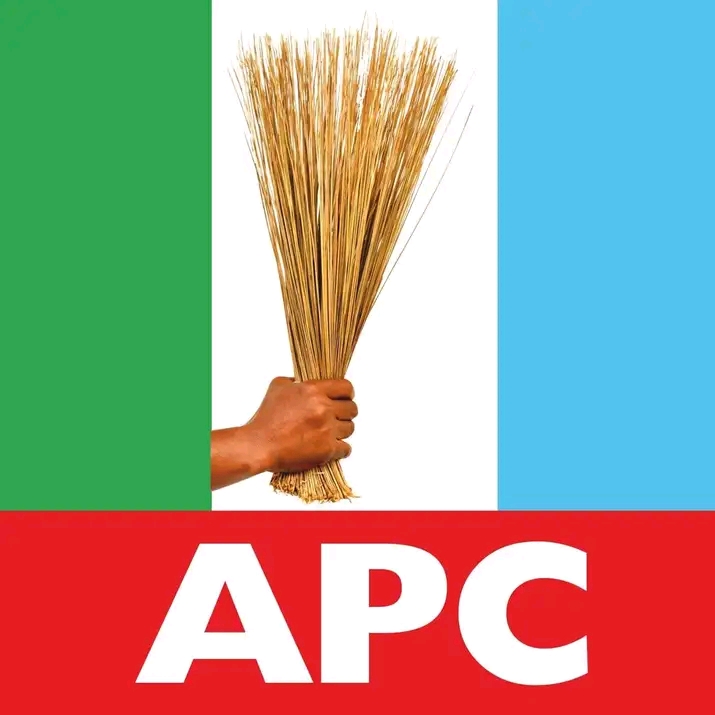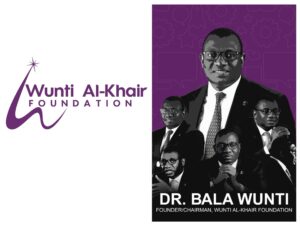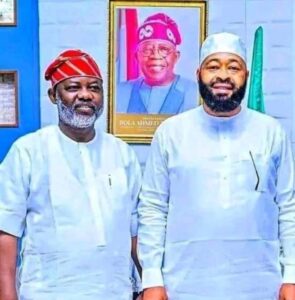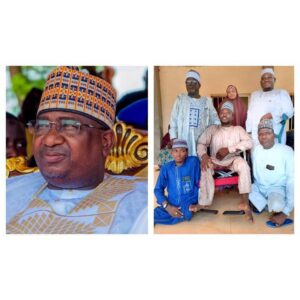
Just like the most populous county in Africa that consists of 250 ethnic groups speaking over 525 languages, the All Progressives Congress (APC) aptly reflects who we are as a people.
At its birth, its union consists of the Action Congress of Nigeria (ACN), Congress for Progressive Change (CPC), All Nigeria Peoples Party (ANPP) and a faction of All Progressive Grand Alliance (APGA), an amalgamation of different peoples from diverse backgrounds regardless of tribal or ethno-religious affiliation.
As its first interim national chairman, Bisi Akande, declared at the time, “Today, we have a truly Pan-Nigerian political party that has now given our long-suffering people hope; hope that this democracy will not continue to elude the people; hope that Nigeria will not become a one-party state; and the hope that our country will soon join the comity of developed and truly democratic nations.”
The APC, which holds the record of being the first successful merger of major political parties in the nation’s history against all odds, went ahead to win the 2015 presidential election. It also formed the government in most states of the federation where election was conducted, and produced the majority in both chambers of the National Assembly.
The APC with its stellar performance in its first four years of governance retained power at the centre in 2019.
The APC movement came like a powerful tornado, borne out of the yearnings and dire need of good governance from Nigerians across the country. At the time of its emergence, it was identified as the proverbial Noah’s Ark for a safer sail to a saner, safer and more prosperous destination. Fed-up of the maladministration that was the norm before 2015, many Nigerians jumped on board the APC ship as it steered the country away from the throes of economic collapse, suffering and darkness.
As a party, the APC exhibits a truly national party with a spread that stretch from the arid lands of the North to the mangroves in the South.
The APC exemplifies the phrase “unity in diversity” as the diversity within the party is so well managed that today nobody remembers that the likes of the President came from the Congress for Progressive Change (CPC) and the Senate President Ahmad Lawan, from the ANPP bloc. Not so many people envisaged such a well-blended party when the merger was being perfected in 2013.
Despite pockets of disagreements and grievances here and there which is understandable for a gathering such as the APC, this unity and mutual respect has been maintained because the leaders within the party had no pretensions about the mission at hand. It was therefore not so difficult jettisoning the old cloaks and embracing the APC project whole-heartedly.
There is a salient lesson for the rest of the country to learn from the APC that we can harmoniously coexist irrespective of our backgrounds.
The hiccups and challenges the party witnesses from time to time is simply a reflection of us as a people. The exodus from the PDP cemented the nascent party into the first formidable opposition party in Nigeria to unseat a ruling party at the centre. While many frowned upon the cross-carpeting, it has become a perfect mirror of your everyday Nigerian who has mastered the earth of Nigerian politics in its entirety, the whole length and breadth of it.
With regards to the conduct of the state congresses last year, critics and naysayers opined it was a reflection of the greed and lust for power among APC leaders. They maintained that the congresses were a “harvest of confusion in which APC leaders engaged in physical, verbal and emotional assault against another.”
However, these were just attempts to twist the facts on ground towards tainting the APC in a bad light. The party has since dispelled such rumors stating it “will not hesitate to take adequate and lawful measures against any person or interest sabotaging the collective Party’s interest and efforts to achieve peace and unity in our great party.”
Noteworthy though, in any jostle by multitudes of people for any political position anywhere in the world, there is usually the underlying factor of greed and the lust for power behind many individuals and groups. This is often the motivating factor behind many aspirations in our clime While this is not peculiar to and it also reflects the character of many Nigerians who are members of different political parties including the ruling APC.
At the heart of the Nigerian ruling class, politics is a fundamental inability to serve the genuine interests of the Nigerian people.
The APC’s emergence represented a major gain for the historically fractious oppositional segment of the Nigerian ruling class and in truth; they must be commended for coming so far to the point where they became an alternative to the PDP and doing pretty well for a party that is seven years old. As the battlefield ‘election 2023’ draws nearer, Nigeria will continue to witness more and more political nomadic movements borne out of greed and lust for political power.
Before 2015, there has been a recurrent and sustained argument that the Nigerian state, like its counterparts in Africa and other countries of the developing world, underperforms due to lack of state capacity to deal with the contemporary complexities of governance. Governance and political leadership had largely been driven by self-interest and other primordial considerations. The state had failed in securing of lives and properties, promotion of the rule of law, and provision of visionary leadership. The nature and characters of the political leadership explains the Nigerian state incapacity for effective governance at the time.
However, with its flaws and all, the APC as a party and government continues to impact positively in the lives of Nigeria and Nigerians in the last seven years. The life of the party to date has a number of teachable lessons that we as individuals and collectively as a country can learn from. The APC experiment has exemplified some of the great values known in the quintessential Nigerian blood; determination, resilience and patriotism.
Hannatu Musawa Esq


